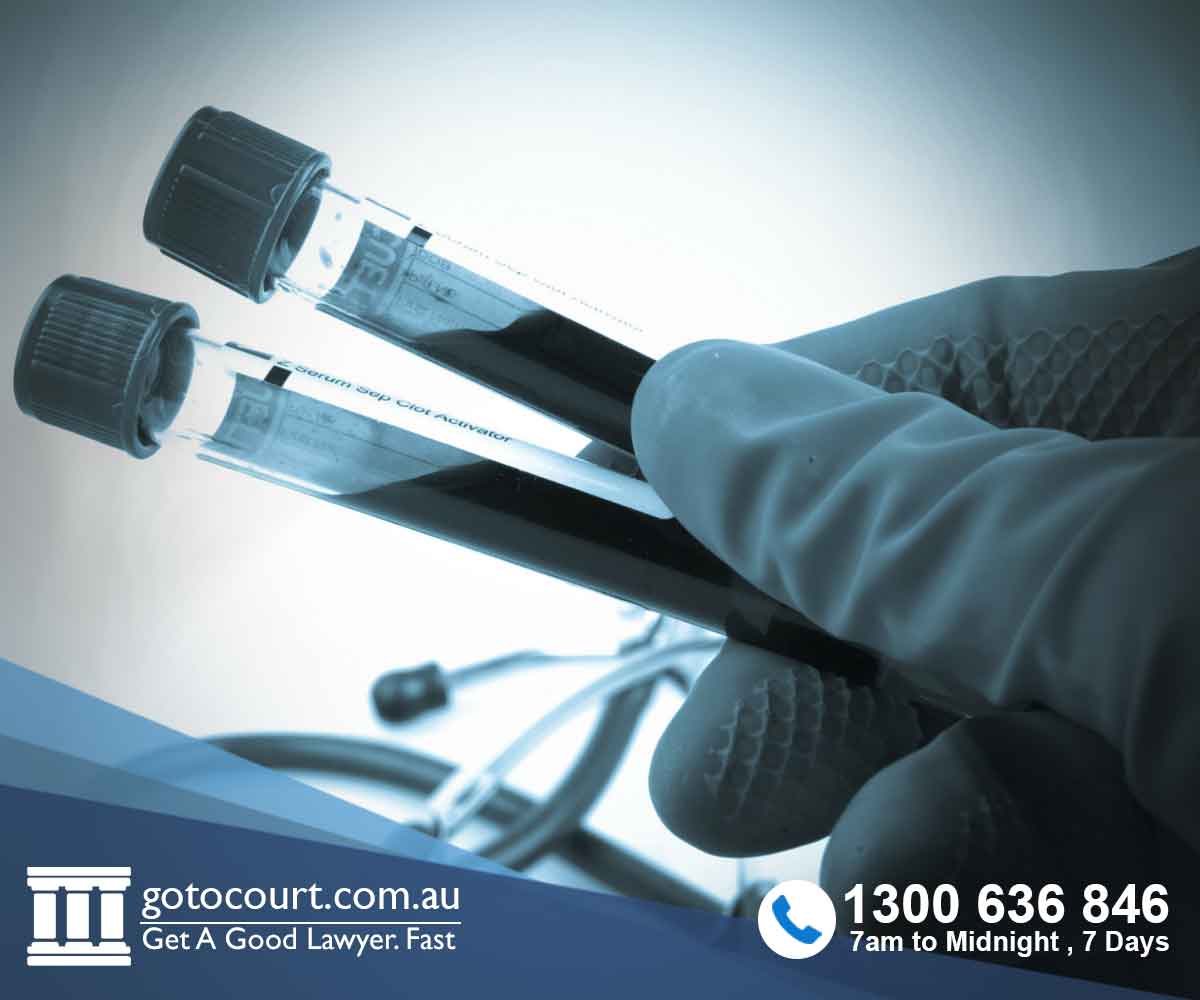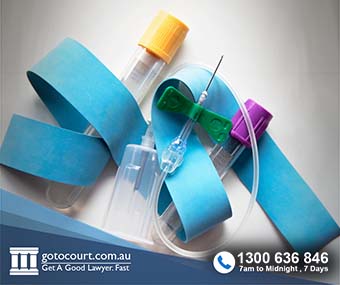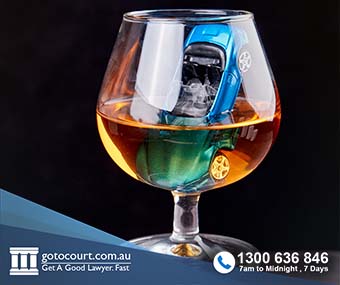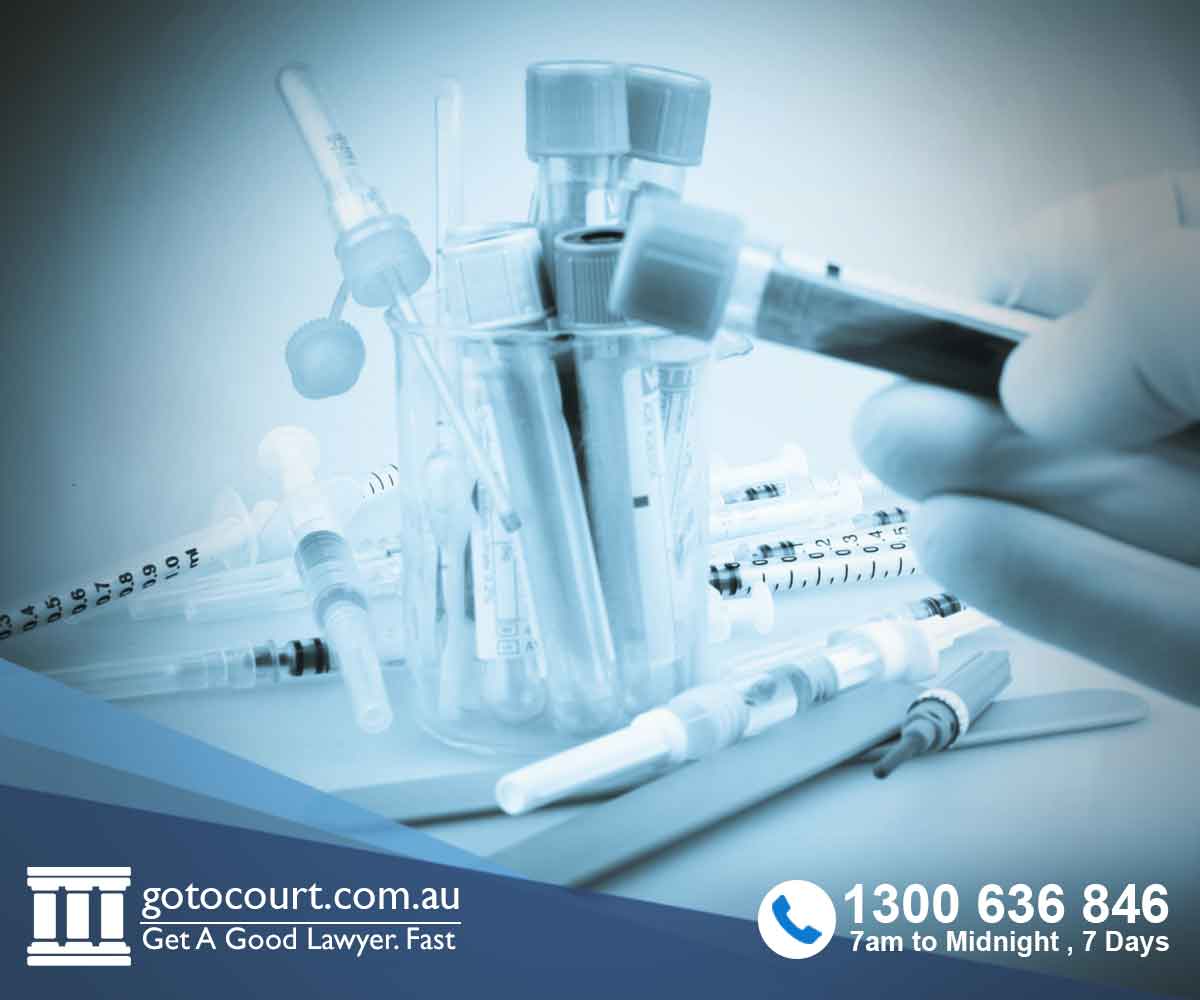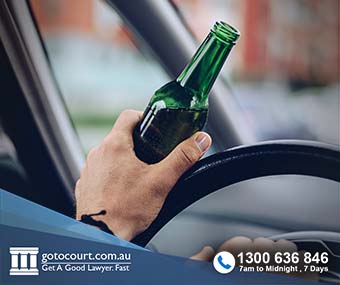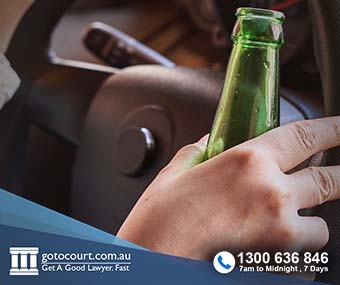Breath Testing in Tasmania
Breath Testing in Tasmania
Police officers in Tasmania have broad powers to require you to undertake a breath test, whether or not they suspect that you have driven a motor vehicle under the influence of alcohol. The rules for how breath tests are conducted are contained in the Road Safety (Alcohol and Drugs) Act 1970. The Road Safety (Alcohol and Drugs) Regulations 2009 also contains rules on how breath tests can be conducted. If you refuse to take part in a breath test in Tasmania, you may commit a criminal offence.
Kinds of breath test
There are two different types of tests you may be required to take: a breath test and a breath analysis.
A breath test is taken with a handheld device, usually by the roadside.
A breath analysis will usually only be required if a person has taken a breath test which suggested they drove a motor vehicle with a prescribed concentration of alcohol in their blood.
Random breath testing
A police officer can pull you over randomly for the purposes of taking a breath test if you are driving a motor vehicle on a public street. They do not need to suspect that you have drunk alcohol. The police officer can direct you to stop your vehicle for the purposes of taking the test. You are required to comply with any requests made by the police officer and take the breath test in accordance with the police officers’ directions.
However, police officers are under a duty to not detain you for a period longer than is necessary for you to take the breath test.
Other circumstances where breath test may be required
Police officers can also require a person to take a breath test in other circumstances.
These include:
- Where a police officer suspects a person has driven a motor vehicle under the influence of alcohol on a public street (e.g. if they get out of the car with an open beer bottle);
- Where a police officer reasonably believes a person has committed one of a number of offences (for example, an offence of causing death by dangerous driving); or
- Where a police officer reasonable believes that a person was the driver of a motor vehicle that has been involved in an accident.
Breath analyses
As mentioned above, you will generally only be required to take a breath analysis if you have already taken a breath test. However, in some situations, a police officer may direct you to take a breath analysis without first taking a breath test. Generally speaking, if a police officer requires you to take a breath analysis they can require you to do so in a particular place such as a police station or in a small portable building.
If the police officer has reasonable grounds to believe you will not comply with a direction to take the breath analysis in a particular place, they can take you into custody for the purposes of taking the analysis. The police will also offer you the option of giving a sample of your blood for testing, instead of completing a breath analysis.
If you have been in an accident and are taken straight to hospital, a police officer cannot require you to take a breath analysis, but they can require the doctor to take a sample of your blood for testing.
Offences
It is a criminal offence to refuse to take a breath analysis, unless you have a physical or mental condition that prevents you from doing so. The maximum penalty for these offences is imprisonment for six months, a fine of 10 penalty units, or both. You may also be disqualified from driving for up to three years.
If you require legal advice or representation in any legal matter, please contact Go To Court Lawyers.

Affordable Lawyers
Our Go To Court Lawyers will assist you in all areas of law. We specialise in providing legal advice urgently – at the time when you need it most. If you need a lawyer right now, today, we can help you – no matter where you are in Australia.How It Works




1. You speak directly to a lawyer
When you call the Go To Court Legal Hotline, you will be connected directly to a lawyer, every time.

2. Get your legal situation assessed
We determine the best way forward in your legal matter, free of charge. If you want to go ahead and book a face-to-face appointment, we will connect you with a specialist in your local area.

3. We arrange everything as needed
If you want to go ahead and book a fact-to-face appointment, we will connect you with a specialist in your local area no matter where you are and even at very short notice.

